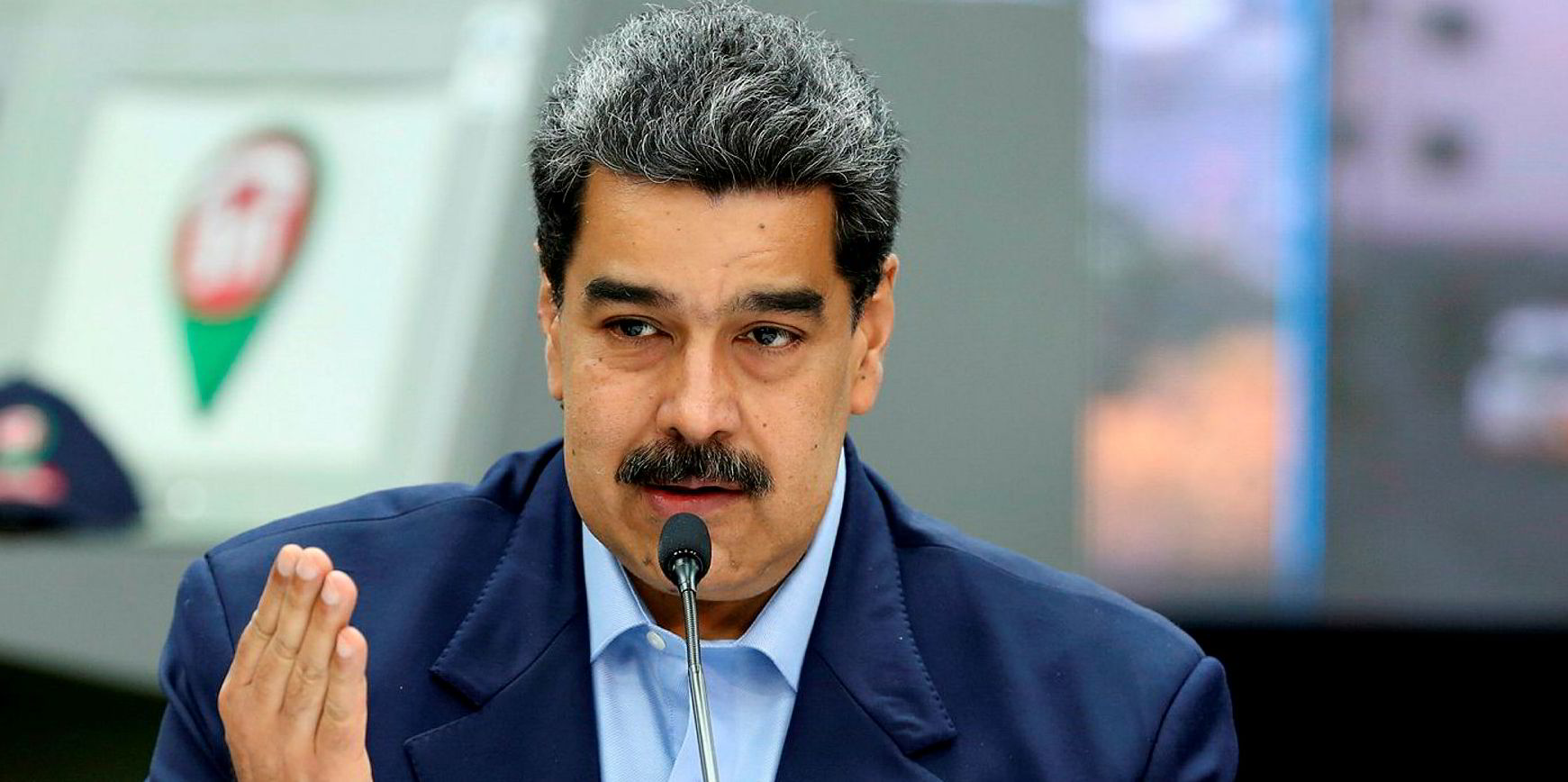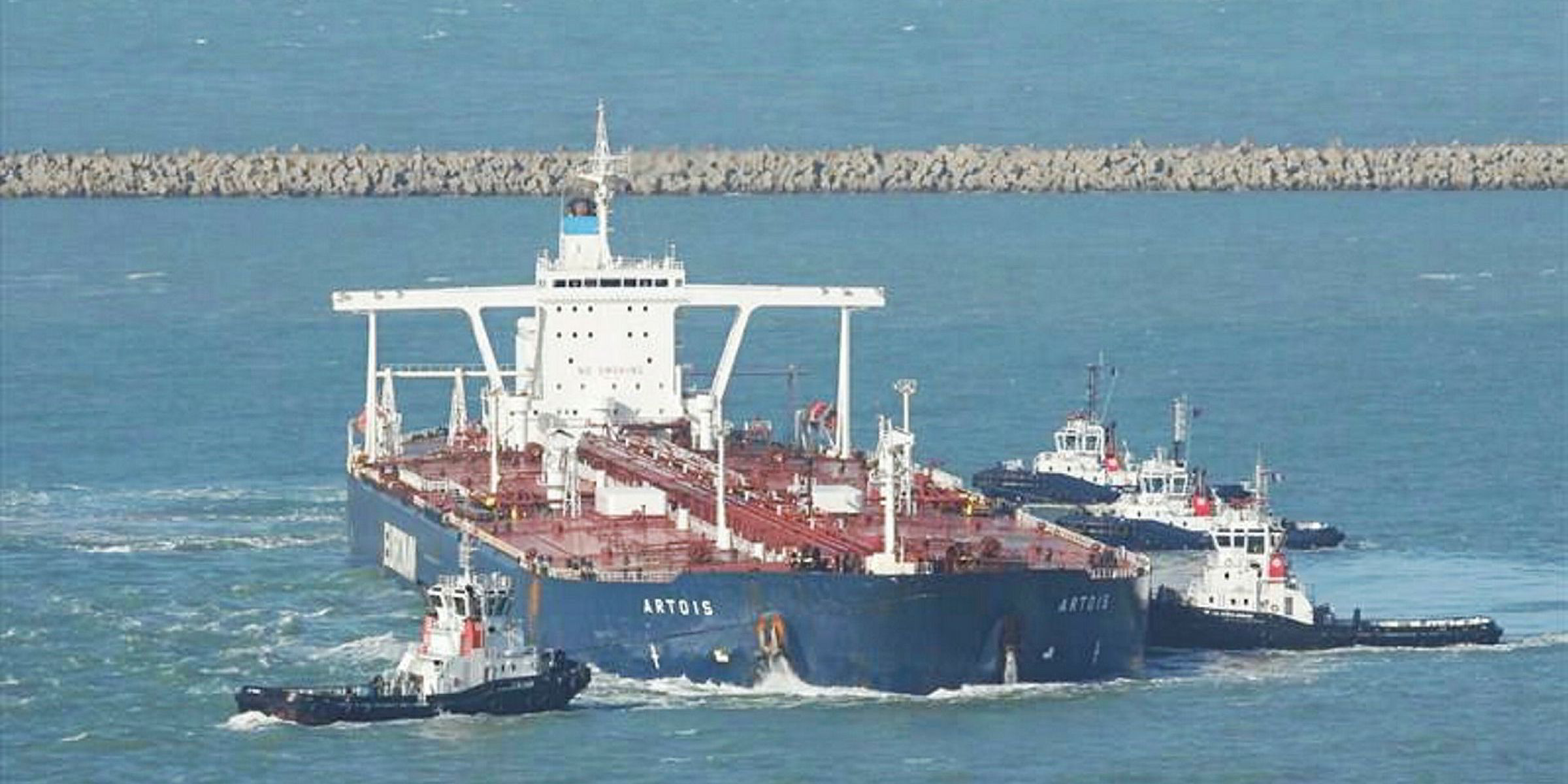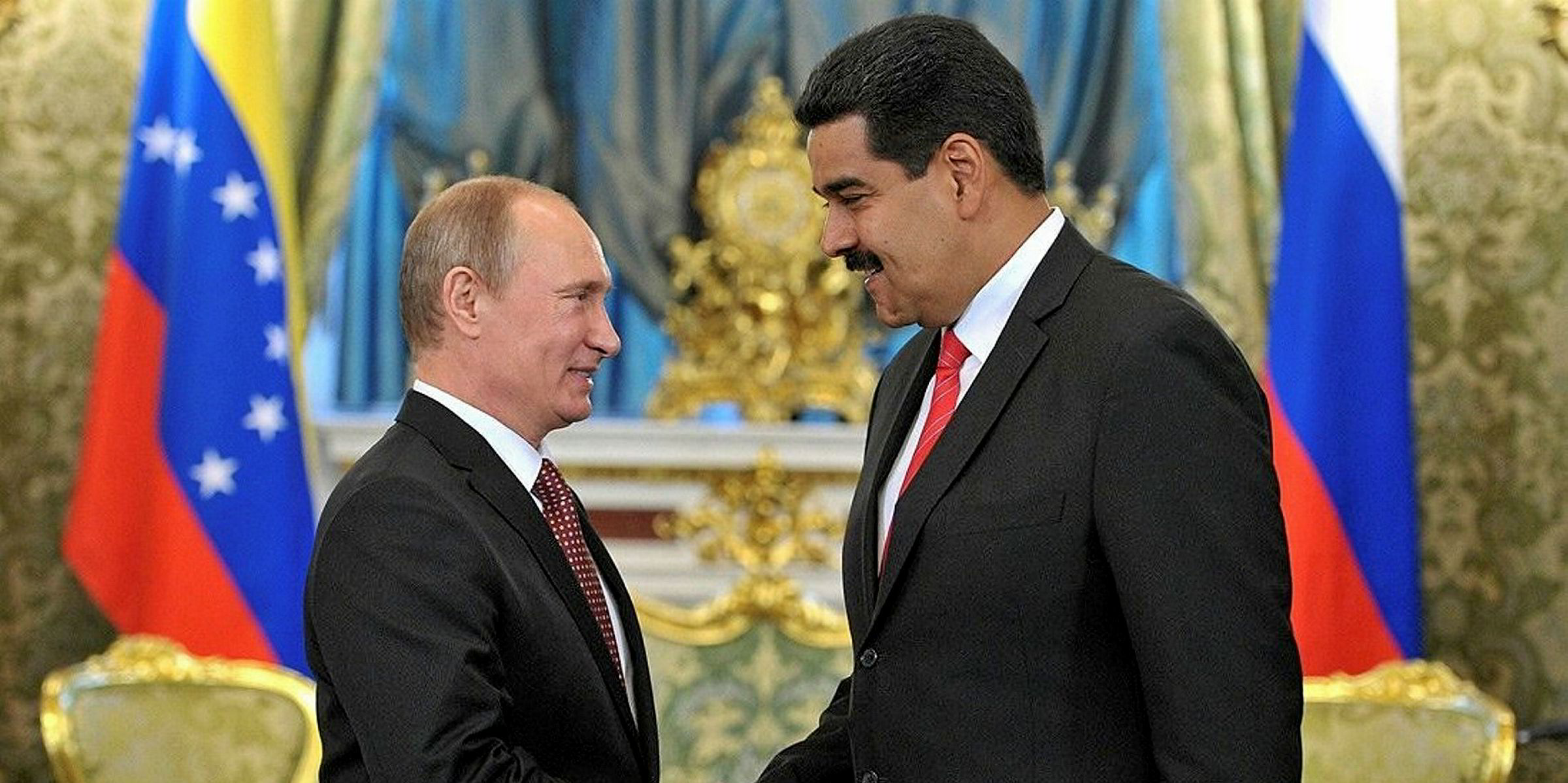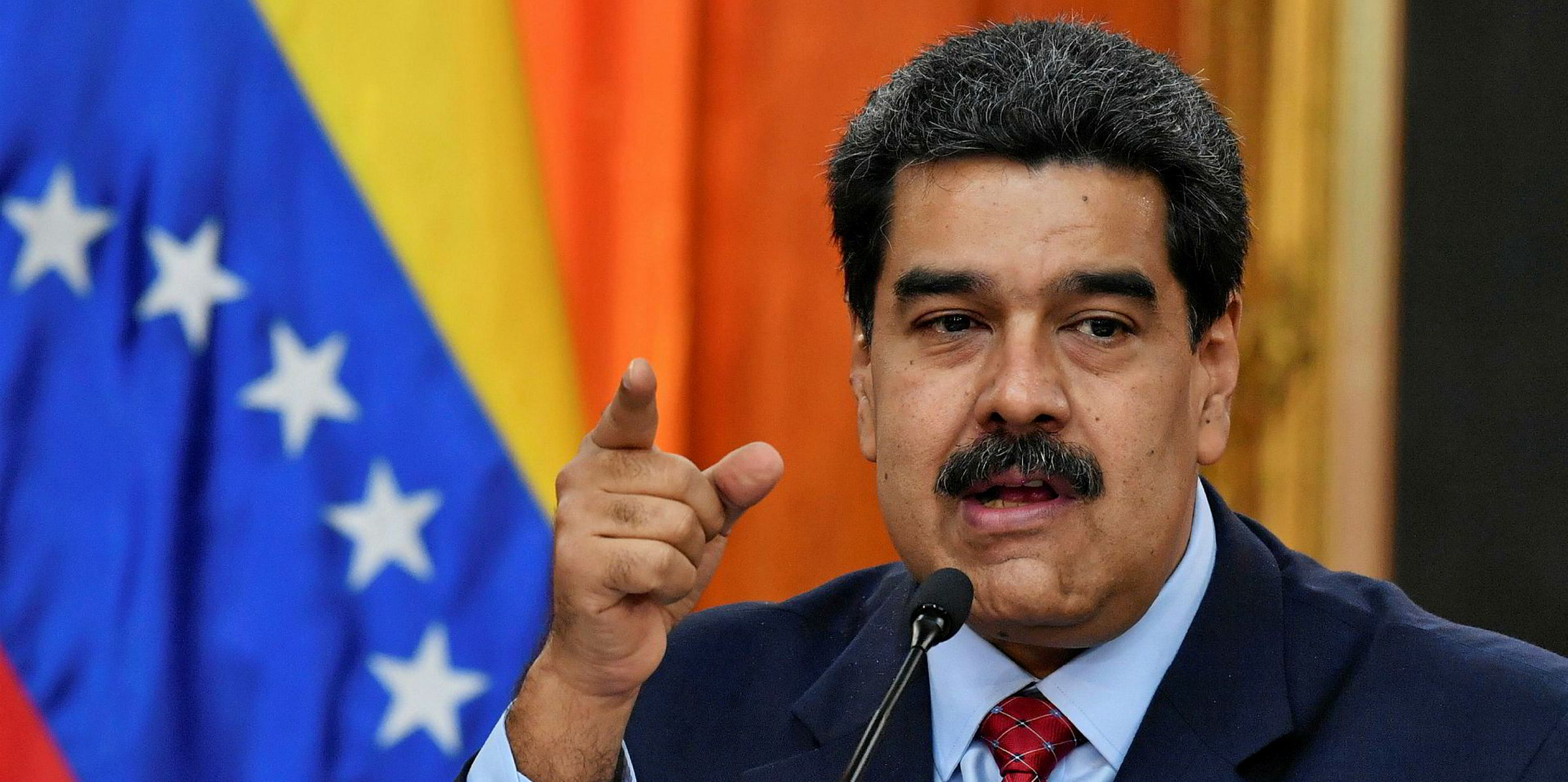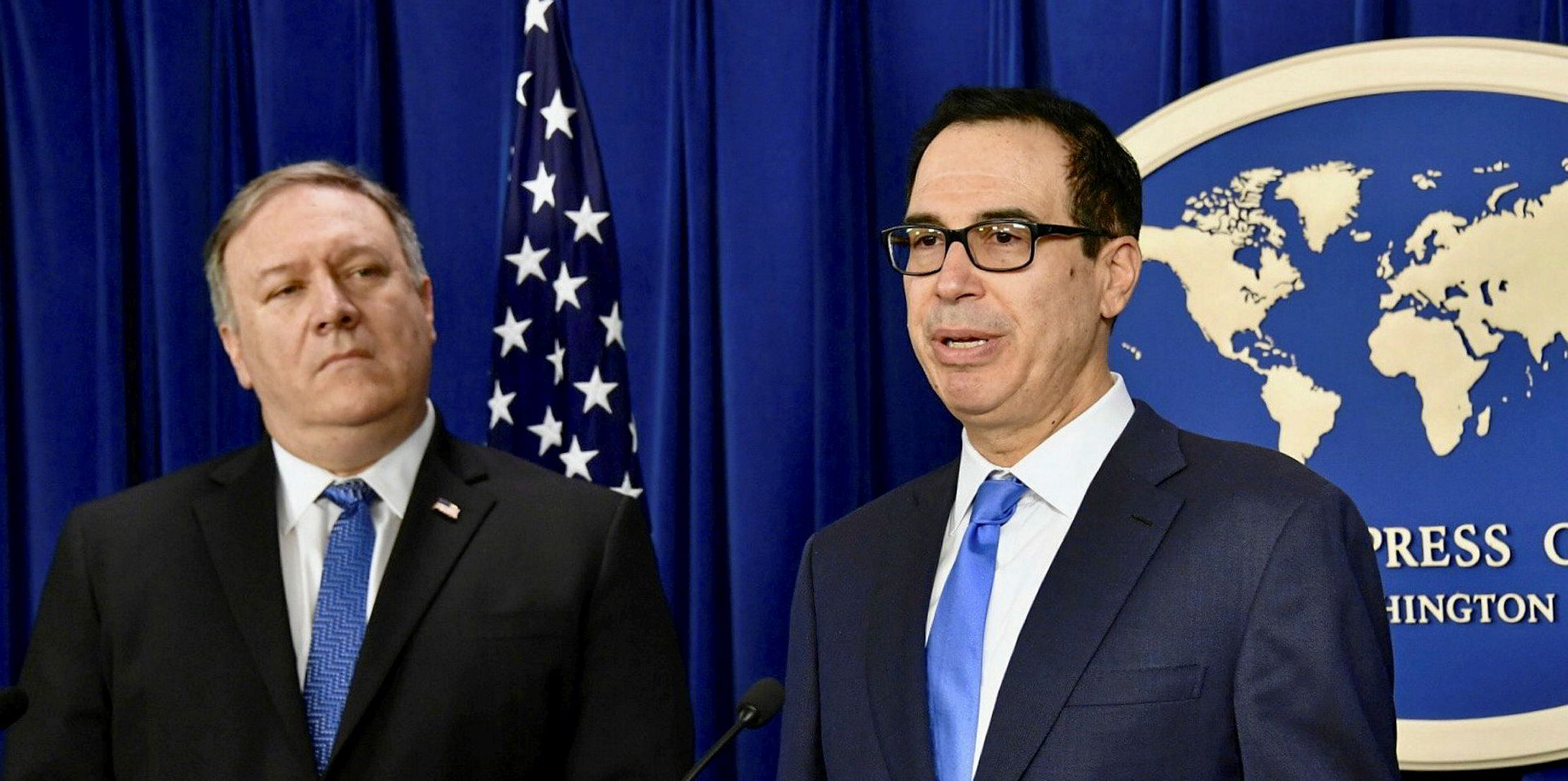A presidential declaration of emergency in Venezuela’s oil sector is just the latest symbol of difficulties in the global tanker market.
While the coronavirus and faltering world trade are making headlines, the crumbling economy in Caracas is taking another bite out of the demand for mainstream shipping.
The situation in the country is dire. One in three Venezuelans are now unable to put the food on their plates required to satisfy nutritional needs, according to a report from the United Nations World Food Programme.
Hyperinflation and other woes beset the South American nation for a variety of reasons as Donald Trump squeezes it with sanctions in a bid to oust its president, Nicolas Maduro.
Those restrictions are tightening all the time, most recently with one of the key customers of Venezuelan crude — Rosneft Trading — being put on a Washington list of sanctioned firms.
This week, Singapore-based tanker operator Mercantile & Maritime Group said it would wind down involvement with Venezuelan shipping.
Terminating activities
“Following an extensive review of our live arrangements, we can confirm that any activities impacted by the recent US sanctions will be terminated in accordance with the specified timeline.”
Mercantile & Maritime is controlled by Canadian-Pakistani oil trader Murtaza Lakhani, who is well connected in British society. The chairman of Mercantile & Maritime UK is Lord Guthrie, a former field marshal and ex-head of the British Army.
Venezuela has been under pressure since the beginning of 2019 when Trump sanctioned the state oil group, Petroleos de Venezuela.
Maduro has just brought in new executives to try to reinvigorate the struggling firm while taking control of the wider industry because it faced “an emergency situation”.
Importance of Venezuela
Data reported by my colleague Max Tingyao Lin last week showed the continuing importance to the global tanker sector of Venezuelan crude exports.
Ten VLCCs, nine aframaxes, four suezmaxes and one panamax moved more than 27m barrels of Caracas crude from the Opec member in January alone. The shipments usually end up in China or India.
Shipowners will be aware that the risk of becoming ensnared in a sanctions row with the US government is rising all the time
Vessels linked to Greek operators and managers are said to be at the forefront of the trade. Rosneft — the Russian oil company controlled by the Kremlin, in which BP and the Qatar sovereign wealth fund have stakes — is now said to be switching the organisation of tanker liftings in Venezuela from Rosneft Trading to another of its affiliates, TNK Trading, so shipping will go on.
The Russian company insists it is just trying to take oil to pay back debts of about $800m it is owed by Venezuela. Vladimir Putin has been a major supporter of Maduro for many years, unlike Trump, who says he wants to break the Venezuelan leader’s “grip on tyranny”.
But shipowners will be aware that the risk of becoming ensnared in a sanctions row with the US government is rising all the time.
Venezuela used to produce about 2m barrels of oil per day, but in January this was down to 800,000 barrels of oil per day. However, the problem in the world’s oil markets currently is not too little crude, but too much.
Sagging demand due to slowing global economic growth, the US-China trade war and now coronavirus have brought the price of Brent Crude tumbling to $52 per barrel.
This compares with almost $70 per barrel at the beginning of the year, despite expectations that Opec will order further cuts in production and the US Federal Reserve's move on Tuesday to cut interest rates to try to stimulate the economy.
Wider woes
The wider woes of the global tanker industry were highlighted this week by London-based shipbroker Braemar ACM, which warned “significant falls” in tanker rates since the start of the year would hit its earnings.
A potential global health pandemic leaves uncertainty that will definitely depart in due course. What may not depart — at least in the run-up to the November US presidential elections — is the uncertainty over Trump’s foreign policy.
There are already trade tariffs on China and trade sanctions on Iran, Ukraine, Nicaragua and Cuba, as well as Venezuela.
With the former TV game show host looking well placed to win another term in the White House, tanker owners may have to accept this as the new norm.
It is terrible for many Venezuelans faced with food and medicine shortages, but for oil shippers it is just crackers in Caracas.
